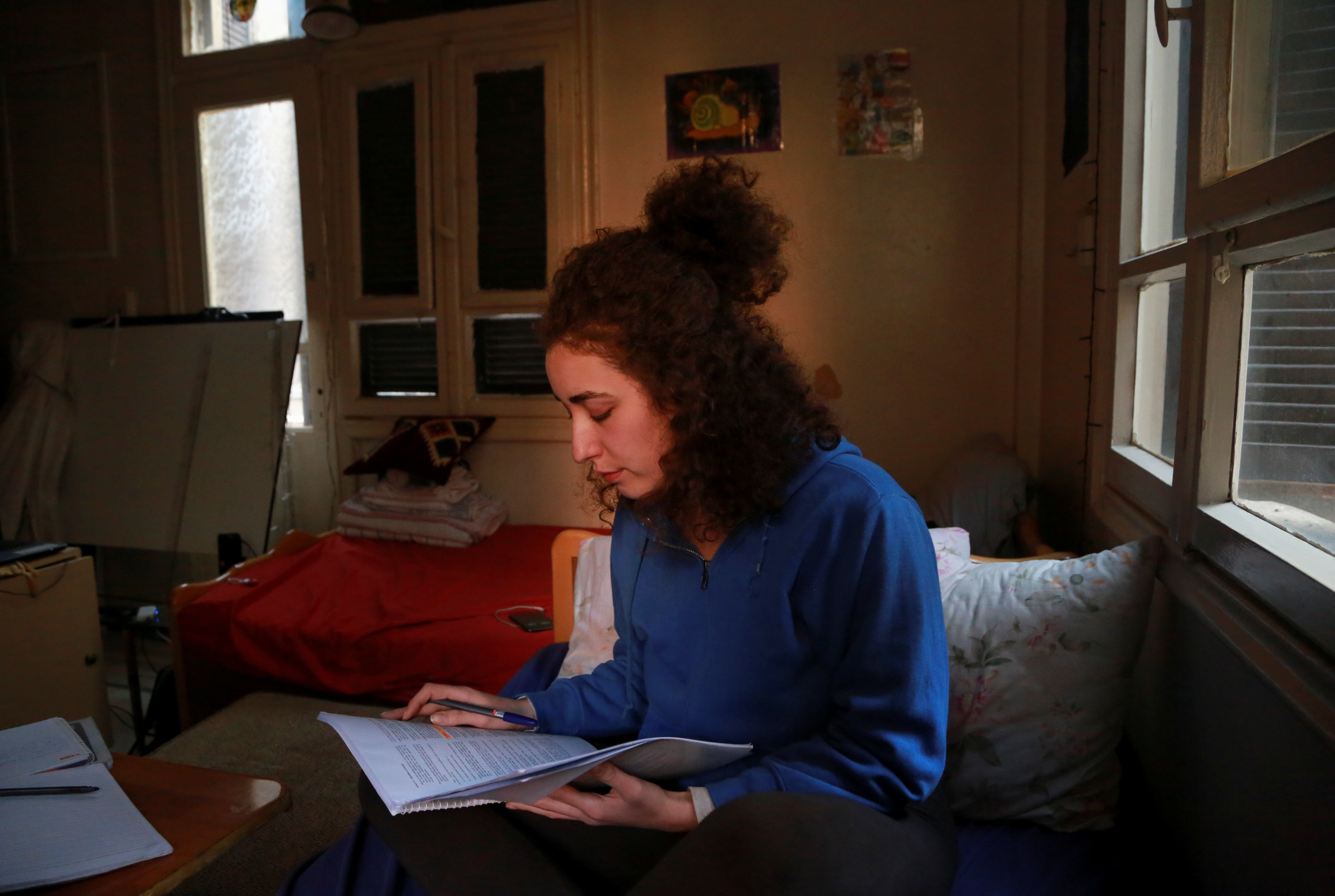UK aid cuts leave 55,000 women in Syria without support, charity says
International Rescue Committee says it will have to end major recovery programmes, reports Charlene Rodrigues


British funding for the International Rescue Committee’s (IRC) aid programmes to protect women and girls in Syria has been reduced by 75 per cent from last year, leaving 55,000 women and girls fleeing domestic abuse without access to shelters.
The group says it has been forced to end resilience and self-sufficiency economic recovery programmes for Syrians in the north of the country, where more than half of its recipients were women.
Cash assistance, employment training for displaced Syrians, as well as special needs programmes have taken a hit at a time Syrians are enduring the worst economic crisis.
Reem Khassab, an Idlib resident who works as an elementary teacher is disappointed. “The economic struggle for Syrian women has drastically worsened in the past months due to currency inflation, prices surge and other factors,” she said.
Khassab said the funding is essential for women’s economic empowerment without which they cannot realistically solve the domestic violence issues.
“Gender-based violence is still a major problem that needs more attention and support to alleviate women’s struggles socially and economically,” she said.
While the basic health programmes have not yet been hit, the aid group warns that there is a risk that a number of health centres could close by the end of the year. If that happens, it is likely that 300,000 individuals will have reduced access to primary health care, as well as essential mental health support.
Nour Mashhade, a journalist based in Gaziantep with Rozna Radio said women in northern Syria are already struggling from the lack of support by civil society actors.
“The cuts will only socially and economically disempower women further and add more pressure on Syrian women to battle for rights and equality,” she said.
Earlier this year, the UK cut its foreign aid spending from 0.7 to 0.5 per cent of national income – an estimated £4bn. The countries worst affected by the aid cuts include Syria, Yemen, South Sudan and Libya. Humanitarian aid to Syria fell by nearly a third compared to last year.
“The humanitarian situation in the country is rapidly deteriorating, as Covid cases rise, and people face a serious hunger crisis. Syrians need certainty and support. These cuts will lead only to suffering and misery,” said Su'ad Jarbawi, IRC’s regional vice-president, MENA.
The Foreign, Commonwealth & Development Office has previously said the cuts are a “temporary measure” due to the pandemic. Thirty Tory ministers have urged the government to reverse its overseas aid spending ahead of a Commons vote on Monday. Former prime minister, Sir John Major, has urged Boris Johnson to “let compassion prevail” and honour his commitment to spend 0.7% of national income on foreign aid.
Last week, president Bashar al-Assad voted in an election that many Syrians believe is a sham. Others thought his victory was positive news for the country’s economic recovery.
Join our commenting forum
Join thought-provoking conversations, follow other Independent readers and see their replies
Comments